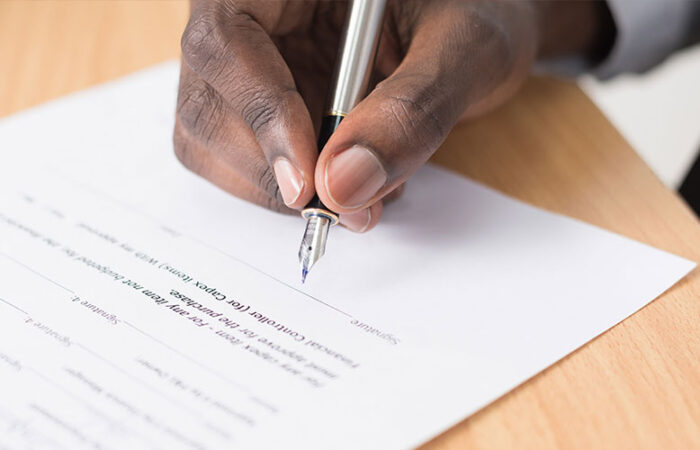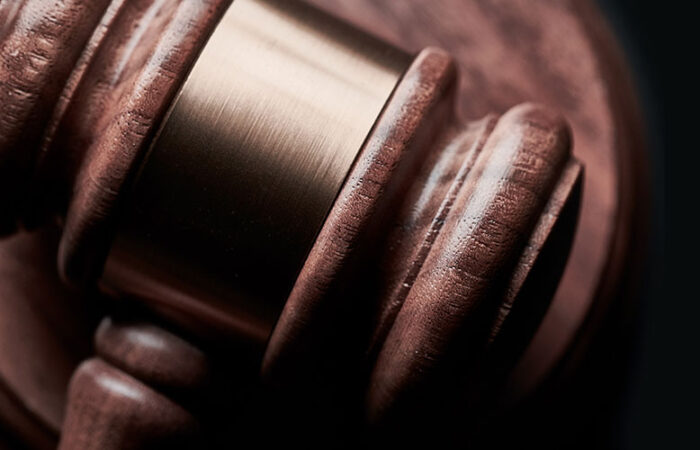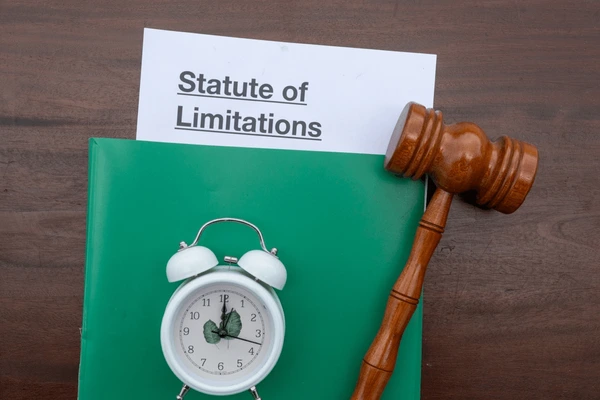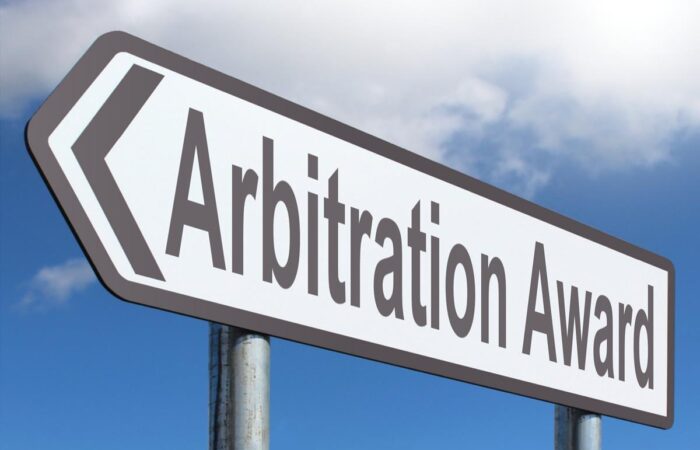
The Law on Reputation
Defamation Law in Kenya
“Good name in man and woman is the immediate jewel of their souls. Who steals my purse steals trash… But he that filches from me my good name robs me of that which not enriches him and makes me poor indeed.” William Shakespeare, Othello
Introduction
Defamation can plainly be defined as the publication of a statement which tends to lower a person in the estimation of right-thinking members of the society generally or which tend to make him shunned or avoided. The subject defamatory material tends to cause the complainant to be regarded with feelings of hatred, contempt, ridicule, fear, dislike and disesteem. Typical example is an attack upon the moral character of the person attributing to him any form of disgraceful conduct such as crime, dishonesty, cruelty and so on.
The two categories of defamation are slander (spoken statements) and libel (written statements). This article will have a bias for libel.
The law applicable
Defamation law in Kenya is viewed through the prisms of the Constitution of Kenya 2010 and Defamation Act, Chapter 36 of the Laws of Kenya.
Under article 32(1) of the Constitution, every person has the right to freedom of conscience, religion, thought, belief and opinion and provides that the freedom to express one’s opinion is a fundamental freedom. Article 33(1) (a) provides that every person has the right to freedom of expression, which includes freedom to seek, receive or impart information or ideas. However, clause (3) provides that in the exercise of the right to freedom of expression, every person shall respect the rights and reputation of others.
The above exposition connotes that the law of defamation is not just anchored on a statutory enactment but has been given a constitutional underpinning as well. In a tort for defamation the Court is therefore under a duty to balance the public interest with respect to information concerning the manner in which its affairs are being administered with the right to protect the dignity and reputation of individuals.
Ingredients to satisfy for one to claim damages for defamation
For one to claim damages under the regime of defamation, it is imperative that the following ingredients must be satisfied;
Firstly, the words complained of must be defamatory in that they must tend to lower the plaintiff’s reputation in the estimation of right-minded persons, or must tend to cause him to be shunned or avoided. Whereas mere abusive words may not be defamatory, the speaker of the words must take the risk of his audience construing them as defamatory and not simply abusive, and the burden of proof is upon him to show that a reasonable man would not have understood them in the former sense. However, in libel, the words cannot be protected as mere abuse since it is presumed that the defendant had time for reflection before he wrote them.
Secondly, the words must refer to the plaintiff. The Plaintiff must not labour in arguments on whether the defamatory material was meant for him or another person. The fact should rather be direct.
Thirdly, the words must be malicious. Malice here does not necessarily mean spite or ill-will but recklessness itself may be evidence of malice.
Evidence of malice may be found in the publication itself if the language used is utterly beyond or disproportionate to the facts. That may lead to an inference of malice but the law does not weigh in a hair balance and it does not follow merely because the words are excessive, there is therefore malice. Malice may also be inferred from the relations between the parties before or after publication or in the conduct of the defendant in the course of the proceedings. Malice can be founded in the publication itself if the language used is utterly beyond the facts. The failure to inquire into the facts is a fact from which inference of malice may properly be drawn. Any evidence, which shows that the defendant knows the statement was false or did not care whether it be true or false will be evidence of malice.
Defences
The mere allusion that defamatory material has been spit out there is not an automatic card that the complainant gets compensated. The person/institution alleged to have been defamed may have a good reason.
The defences available include; truth or justification, fair comment and privilege.
A publisher can get away with a defence of truth if it can be proved on a balance of probabilities that the story though defamatory, was true in substance. Minor errors may however be excused, but not those that go to the heart of the defamatory sting or stings.
For the defence of fair comment to succeed, it must clearly be a comment, not assertions of fact; it must be based on provable facts set out or referred to in the publication and; must be honestly believed. Assertion of facts can only be defended by proving their truth.
The defence of privilege is available when the reporting is done and has been extracted from public documents, for example, from court documents.
Conclusion
A person who is defamed does not get compensated for his damaged reputation. He gets damages because he was injured in his reputation, which is simply, because he was publicly defamed. For this reason, compensation by damages operates in two ways as a vindication of the plaintiff to the public and as a consolation to him for a wrong done. Compensation is here a solatium rather than a monetary recompense for harm measurable in money.
By; Thiong’o Gachaga-advocate,
(Media Law expert)


